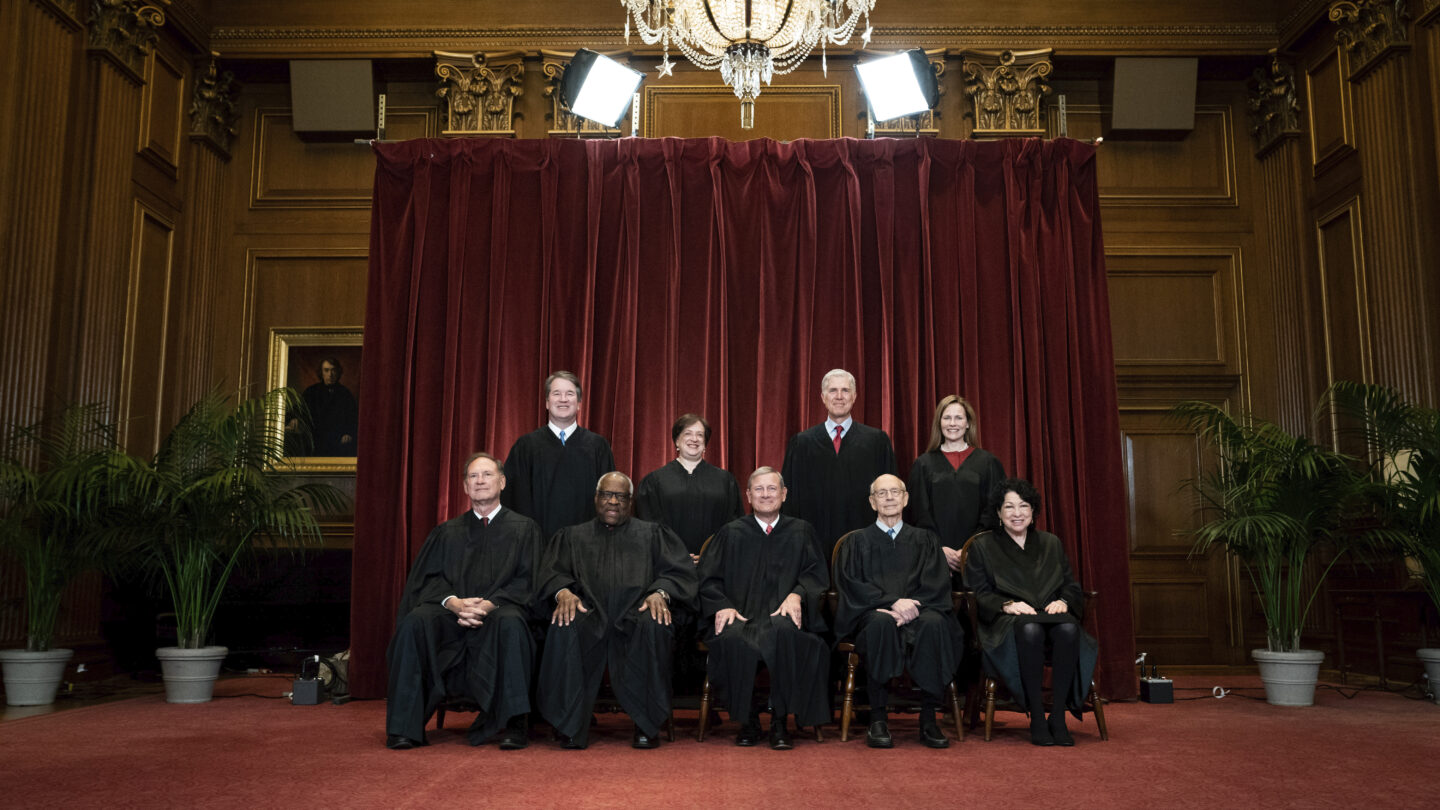Lisa Rayam
,
Rahul Bali
| WABE
June 22nd, 2022
As the U.S. Supreme Court continues to consider the future of abortion rights in America, there are many questions about what it will mean for Georgia, if Roe v. Wade is overturned.
WABE politics reporter Rahul Bali joined “Morning Edition” to give listeners an idea of what to expect.
He says the leaked draft opinion suggests the Supreme Court justices are not likely to fully overturn the 1974 Roe v. Wade decision.
“Based on the leaked draft of a possible ruling in a Mississippi abortion case, it is likely U.S. Supreme Court would not be ruling on the legality or limits of abortion itself, instead it would be sending that question to each state,” said Bali.
Georgia has a 2019 law tied up in federal court that bans abortions at around 6 weeks of pregnancy. If Roe is overturned, the state of Georgia would go back to the Atlanta-based 11th Circuit U.S. Court of Appeals to push for the law to take effect.
Experts believe that portion of House Bill 481 would be allowed to become law in Georgia just a couple of weeks after the state makes that request.
Currently, abortion is allowed up to 20 weeks of pregnancy and only allowed afterward if there is a threat to the pregnant person’s health or a lethal anomaly to the fetus.
Bali said the law passed in 2019 prohibits abortions as soon as cardiac activity is detected, which is usually in an embryo at about 6 weeks. A woman may not even know she’s pregnant that early on.
After that point, abortion would still be allowed in the case of rape or incest up to 20 weeks if a police report is filed in those cases.
Separately, exceptions for the pregnant person’s health and fatal anomalies of the fetus would go past that.
The Georgia law is expected to face legal challenges on the basis of privacy, and some local jurisdictions, including the city of Atlanta, have indicated they will make enforcement of the law a low priority.








